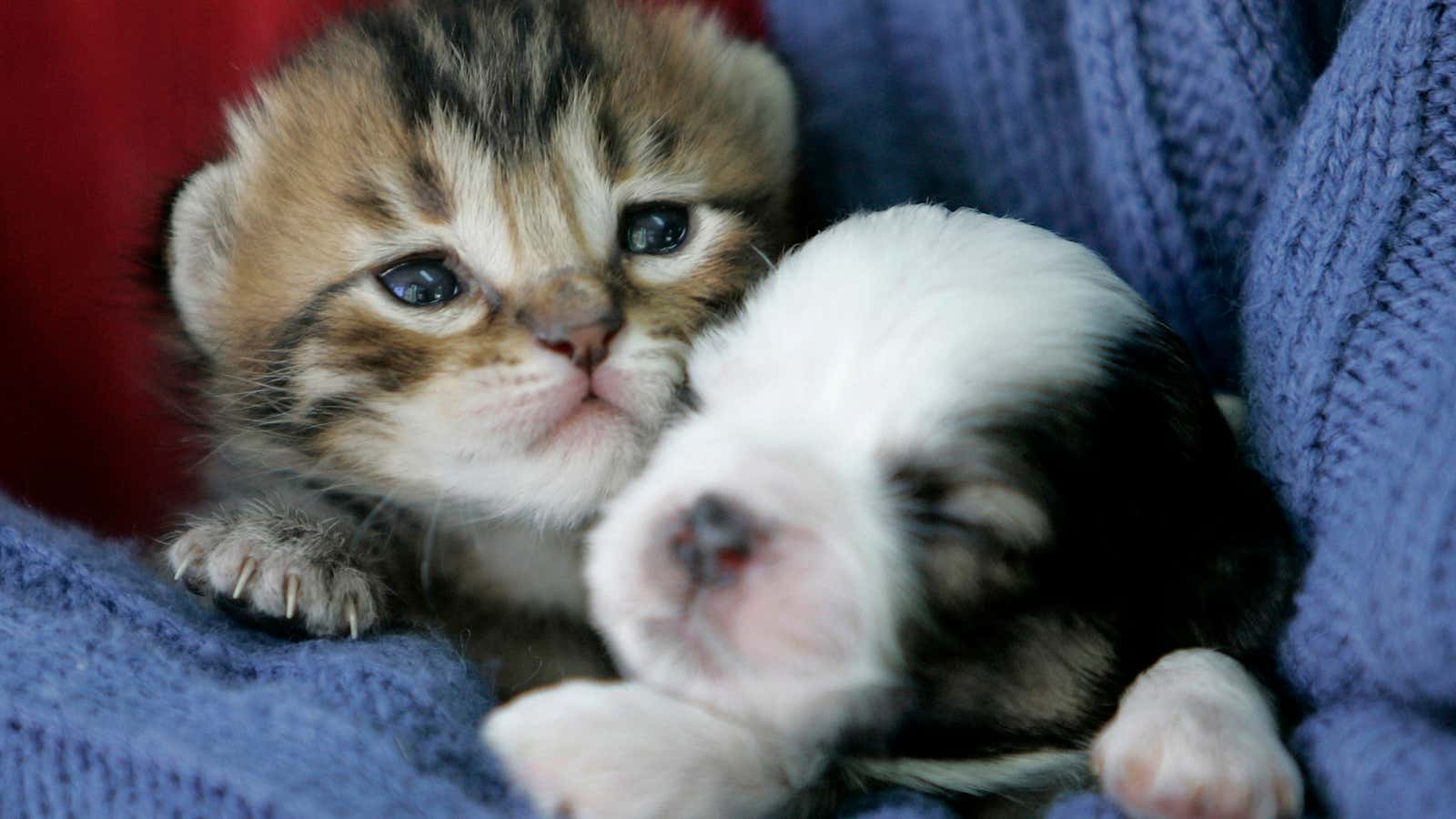The sight of puppies and kittens frolicking in a pet-shop window is undeniably adorable. But young animals sold by pet shops are often kept in poor conditions, leading to suffering as well as lasting health problems down the line.
Now England plans to introduce a ban on the sale of puppies and kittens by pet shops and other third-party sellers, making breeders and rescue shelters the only places where people can legally buy the animals before they’re six months old.
A consultation document released by the British government Wednesday (Aug. 22) points to figures from the Blue Cross, an animal welfare charity, that estimates up to 80,000 puppies may currently be sold via third parties in Great Britain. The majority of the island’s pet shop license-holders operate in England, where this ban will be implemented.
“There are concerns that commercial third-party sales lead to poorer welfare conditions for the animals compared to when people buy directly from the breeder,” the consultation says. This might include early separation of the puppies and kittens from their mothers, cramped environments, malnourishment, and other things that may either increase their risk of disease or contribute to social problems.
The move is a victory for the campaigners behind Lucy’s Law—a movement named after a King Charles spaniel that had been used for breeding in a puppy farm system for years with little regard for her health or welfare. A petition calling for the ban reached the necessary 100,000 signatures for it to be debated in parliament earlier in the year.
A ban on the sale of dogs and cats less than eight weeks old is already due to come into effect on Oct. 1.
